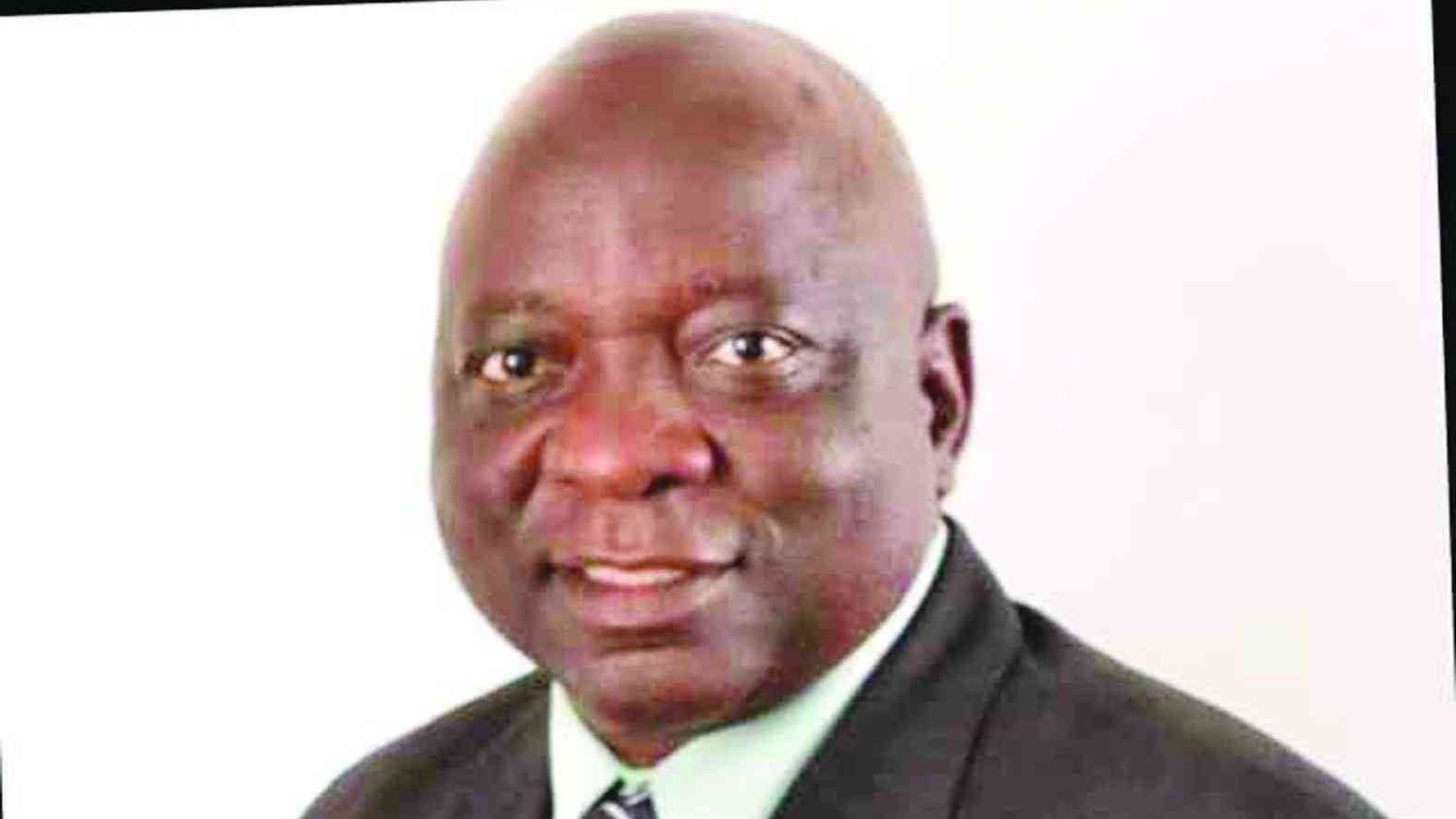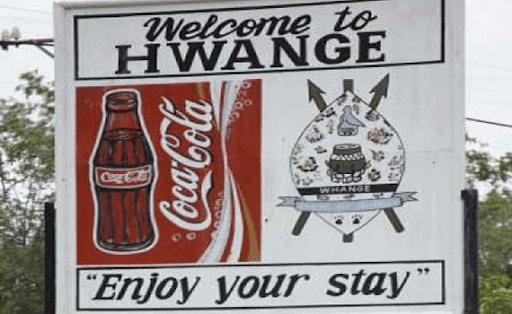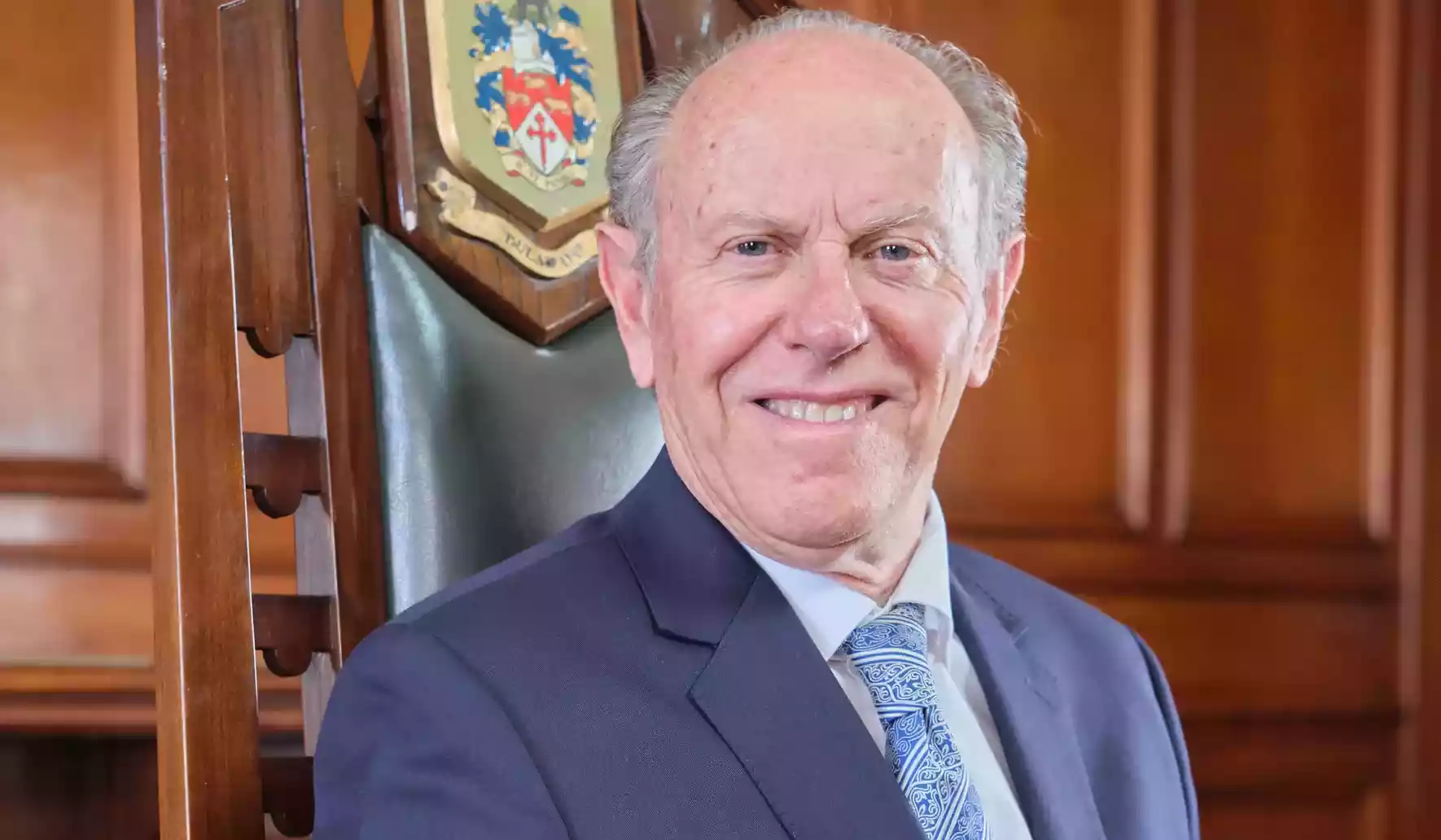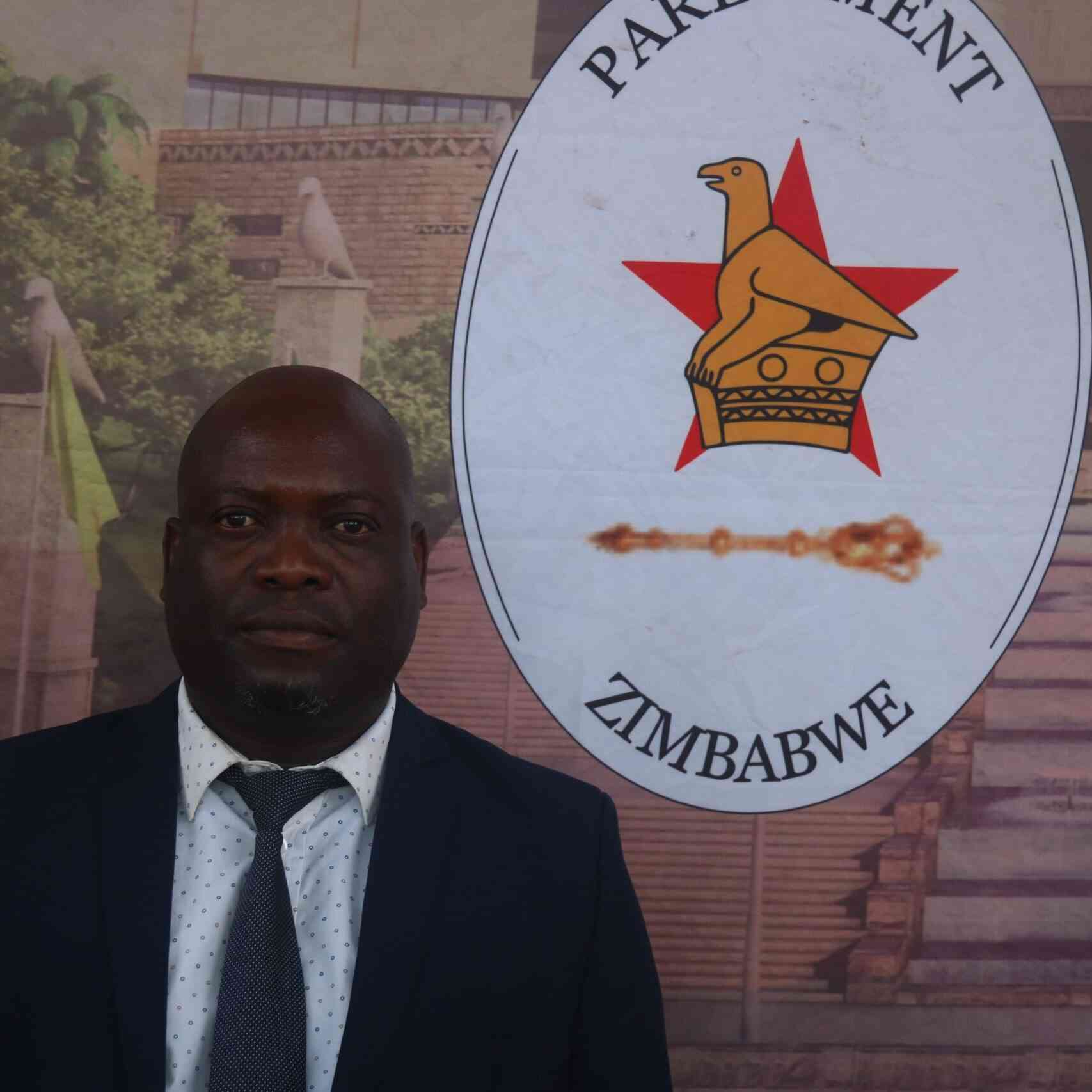THE Public Accountants and Auditors Board (PAAB), the country’s accounting profession regulator, is in the eye of a storm amid revelations that its executive secretary Admire Ndurunduru has overstayed his tenure in violation of corporate governance legislation.
According to section 17 of the Public Entities Corporate Governance Act, an individual can be appointed chief executive officer for a maximum of 10 years.
However, Ndurunduru has been executive secretary of PAAB since 2012, meaning he has been holding the position for 12 years. This is two more years than those prescribed by the Public Entities Corporate Governance Act.
Does it mean that PAAB cannot come up with a clear succession plan so that the incumbent leaves office once their tenure has ended?
It reflects badly on an organisation mandated to regulate the accounting profession in the country.
Among its duties, PAAB is mandated to define and enforce ethical practice and discipline among registered persons and institutions.
Keep Reading
- Zacc fails to account for expenses
- Treasury chief sees FDI spinoffs in new IFRS move
- Tax experts call for IFRS compliance
- IFRS: Sustainability reporting standard
PAAB has oversight over the accountancy profession in Zimbabwe through setting high standards of corporate governance, reporting and auditing and by holding to account those responsible for upholding them.
The revelation comes barely six months after two chartered accountants accused Ndurunduru and his deputy Donald Mangenje of allegedly demanding a US$15 000 bribe to register an audit firm.
The complainants claim to have been shown a registration certificate which required them to “lubricate the wheels of bureaucracy”. Ndurunduru and Mangenje dismissed the allegations.
PAAB has never investigated the claims other than publishing two statements in local newspapers in which it misled the public by saying one of the complainants does not have a practising certificate when a simple check proves otherwise.
Most professional organisations take corruption allegations seriously, especially those levelled against senior officials. Of course the PAAB officials are innocent until proven guilty.
What we expect PAAB to do is to tell the market that it has instituted an investigation and announce the results after completion of the probe.
What PAAB did is akin to sweeping the matter under the carpet but it will not do any good to those accused of allegedly demanding a bribe. The allegations will follow them like a shadow for the rest of their lives until the matter is resolved.
We urge PAAB’s eight constituent bodies to demand accountability so that the board regains integrity amid claims of missteps.
How can PAAB hold its members accountable when it has governance deficits?
We implore Finance, Economic Development and Investment Promotion ministry to step in and ensure PAAB regains lost mojo.
It is not only politicians that are obliged to leave office at the end of their tenures. It also applies to business as leadership is a relay in which one is expected to pass on the baton.
This will send a clear message to politicians that term limits are not only meant for them, but it is standard practice in other facets of the economy.
PAAB must correct the anomalies for the sake of the accounting profession which demands a high dosage of integrity.





